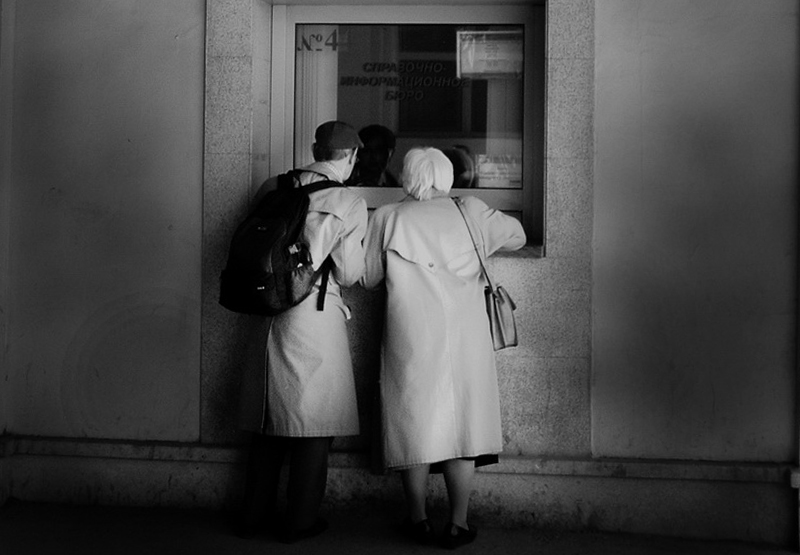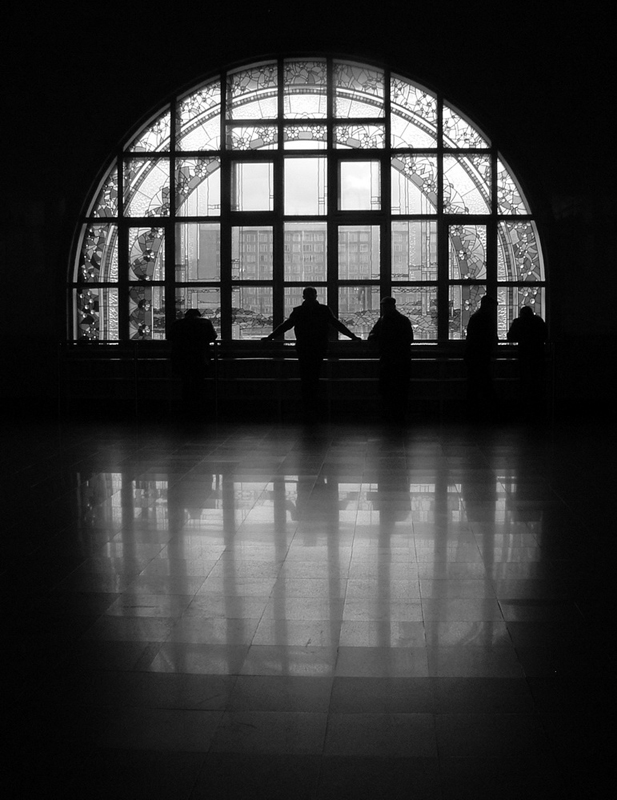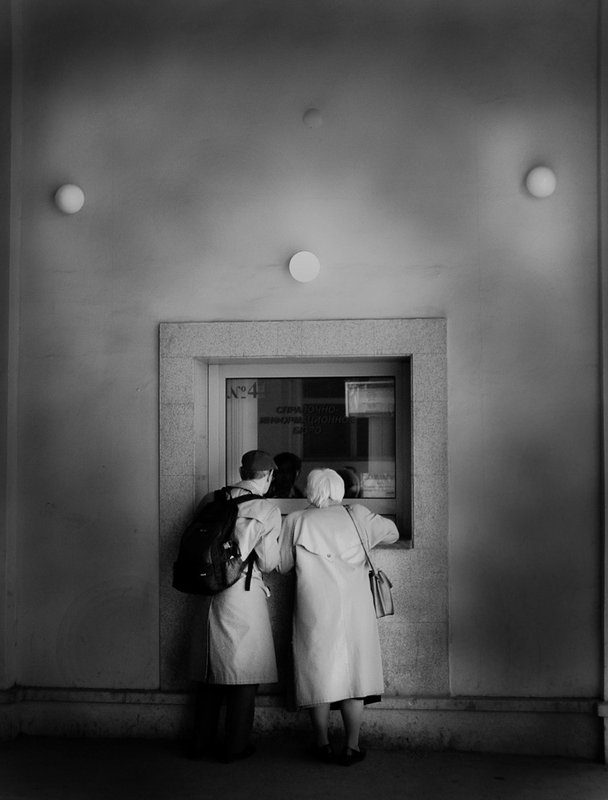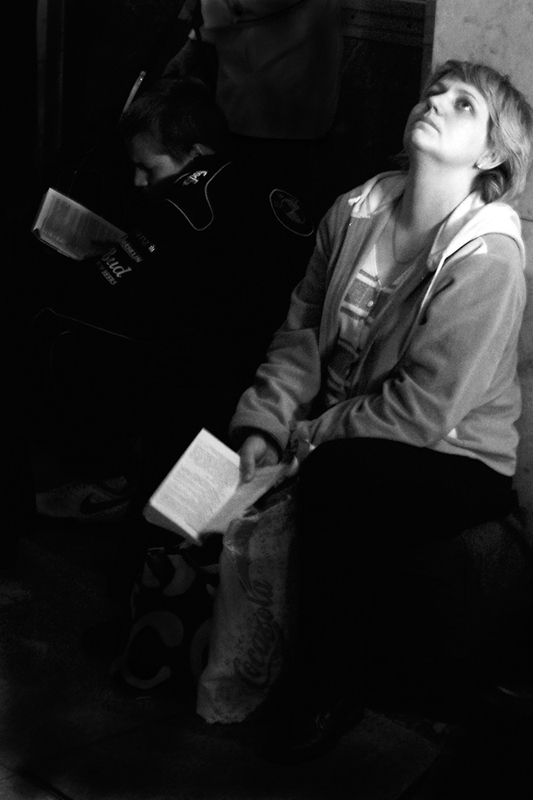All roads lead to the station: How Anna Karenina met Dr.Zhivago

Before you embark on this literary journey, don't forget to turn on the audio.

I headed for the center of town, since it always works out that when I’m looking for the Kremlin I end up at the Kursk Station... Even if you turn left, you’ll end up at the Kursk station; or straight, all the same, the Kursk Station. // 'Moscow-Petushki' by Venedikt Yerofeyev

There's nothing to drink, the bouncer said. And he looked me over as if I were a little dead bird or a filthy buttercup. "No nothing alcoholic." Though I cringed in desperation, all the same I managed to mumble that I hadn't come for that anyway. It's none of his damned business why I was there. Perhaps the Perm Express didn''t want to go to Perm for some reason and so I came to eat beef Stroganoff and listen to Ivan Kozlovsky of something from the Barber of Seville. // 'Moscow-Petushki' by Venedikt Yerofeyev

Romashov liked to go down to the railway-station of an evening at the time when the express arrived, which made its last stop before reaching the Prussian frontier. With a curious feeling of excitement and tension, he awaited the moment when the train flashed round a sharp curve of the line, the locomotive's fiery, threatening eye grew rapidly in size and intensity, and, at the next second, thundered past him a whole row of palatial carriages. "Like a monstrously huge giant that suddenly checks himself in the middle of a furious leap," he thought, the train come to an abruptstop before the platform. // 'The Duel' by Alexander Kuprin

Endless queues of passengers moved along raised gangways between wooden handrails. On the stone floors lay people in gray army coats who coughed, spat, shifted about, and spoke in voices that resounded incongruously loudly under the vaulted ceilings. // 'Dr. Zhivago' by Boris Pasternak

Some of the passengers by this particular train were returning from abroad; but the third-class carriages were the best filled, chiefly with insignificant persons of various occupations and degrees, picked up at the different stations nearer town. All of them seemed weary, and most of them had sleepy eyes and a shivering expression, while their complexions generally appeared to have taken on the colour of the fog outside. // 'Idiot' by Fyodor Dostoevsky

Those eight hours on the rail were so terrible to me that I shall never forget them in my life. Was it because on entering the car I had a vivid imagination of having already arrived, or because the railway acts upon people in such an exciting fashion? At any rate, after boarding the train I could no longer control my imagination, which incessantly, with extraordinary vivacity, drew pictures before my eyes, each more cynical than its predecessor, which kindled my jealousy. // 'The Kreutzer Sonata' by Lev Tolstoy

At the stations the women waved their handkerchiefs, smiled, threw cigarettes and sweets. Only once, just before the train reached Voronezh, did an old railway worker, half drunk, thrust his head into the truck where Pyotr Melekhov was crowded with twenty-nine other Cossacks, and ask: "You going?" // 'And quiet flows the Don' by Mikhail Sholokhov

In the morning he started for the railway station about three hours before the train left. At the station he quietly walked about among the passengers, with his eyes on the ground and tear-stained; and he would stop unexpectedly now before one and now before another, and in a low voice, evenly but without expression, he would say rather quickly: "For God's sake ... I am in a desperate position... My fare to Briansk... If only a few copecks..." // 'Kazimir Stanislavovich' by Ivan Bunin

The moment a passenger approaches the right of way, which he amateurishly calls a railway station, his life is completely changed. He is immediately surrounded by predatory porters with white aprons and nickel badges on their chests, and his luggage is obsequiously picked up. From that moment, the citizen no longer is his own master. He is a passenger and begins to perform all the duties of one. These duties are many, though they are not unpleasant. // 'Twelve chairs' by Ilya Ilf and Evgeniy Petrov

"Will the train soon be in?" Vronsky asked a railway official. "The train’s signaled," answered the man. The approach of the train was more and more evident by the preparatory bustle in the station, the rush of porters, the movement of policemen and attendants, and people meeting the train. Through the frosty vapor could be seen workmen in short sheepskins and soft felt boots crossing the rails of the curving line. // 'Anna Karenina' by Lev Tolstoy

She felt so light-hearted and serene, she saw so clearly that all that had seemed to her so important on her railway journey was only one of the common trivial incidents of fashionable life, and that she had no reason to feel ashamed before anyone else or before herself. Anna sat down at the hearth with an English novel and waited for her husband. // 'Anna Karenina' by Lev Tolstoy

"Yes, I must go to the railway station, and if he’s not there, then go there and catch him." Anna looked at the railway timetable in the newspapers. An evening train went at two minutes past eight. "Yes, I shall be in time." She gave orders for the other horses to be put in the carriage, and packed in a traveling-bag the things needed for a few days. She knew she would never come back here again. // 'Anna Karenina' by Lev Tolstoy
Photo credit: Denis Tarasov
All rights reserved by Rossiyskaya Gazeta.
Subscribe
to our newsletter!
Get the week's best stories straight to your inbox